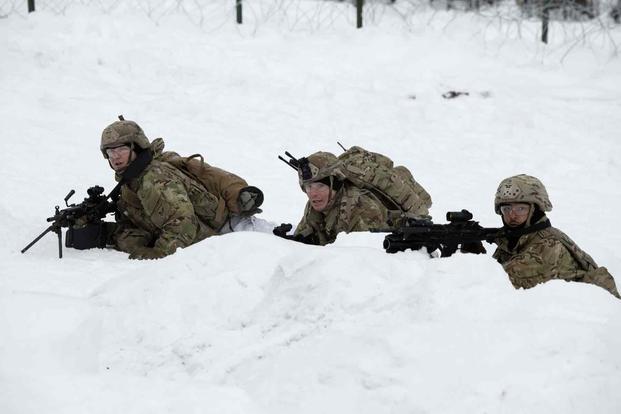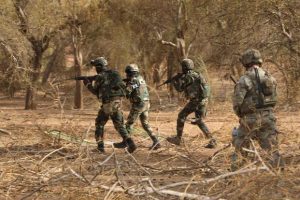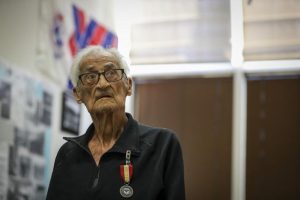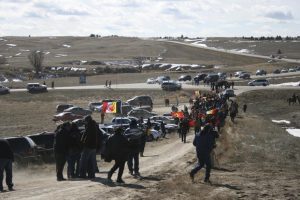Troops in Alaska can now fly home once a year, and the military will pick up the tab.
The Army’s 11th Airborne Division is pioneering a new policy aimed at helping soldiers get home to see family at least once annually. The policy, which compensates soldiers for the price of a ticket home, applies to all Department of Defense service members posted to Alaska who have family in the continental U.S.
The 11th Airborne is the first active-duty unit in Alaska to fully fund the initiative, which affects all of its soldiers. The announcement on its social media account was to inform its soldiers, but was not intended to imply that any other units were excluded.
“The policy applies to all DoD service members,” said Capt. Molly Treece, spokesperson for the 11th Airborne Division. “If they’re in a different unit, not the 11th, that other unit will have to fund the ticket. But by policy, every service member in Alaska is entitled to it.”
The policy says that soldiers and DoD employees who qualify — those stationed in Alaska — can receive the benefit only to fly to their home of record. That means it’s important they make sure their home of record is updated within the military’s system.
“The intent was that this policy be in place for this whole year. It wasn’t implemented until recently, but it’s backdated to December of last year. So if people already visited family in 2023, they can be reimbursed for those tickets,” Treece said.
Only an officer with the paygrade of O-5 or higher can sign off on the leave. The bureaucratic space it occupies is precise: It is a special allowance, or a special type of leave, and only officers of sufficient rank can authorize that.
Leaders hope that soldiers serving in Alaska — a remote and physically and mentally challenging environment — will take advantage of the opportunity to see family with a benefit that is similar to those offered to troops deployed to combat.
The Army has been struggling with a spike in suicides over the past two years in Alaska. In 2021, the service had 11 soldiers die by suicide there, raising alarm bells.
Upgrades to barracks and gyms, as well as early release for soldiers on Fridays, have all been part of the effort to reduce the deaths in an area that can be challenging for those not used to the environment and distance from the continental U.S.
— Adrian Bonenberger, an Army veteran and graduate of the Columbia University Graduate School of Journalism, reports for military.com. He can be reached at adrian.bonenberger@monster.com.
Please rate this CIBA article
Vote






